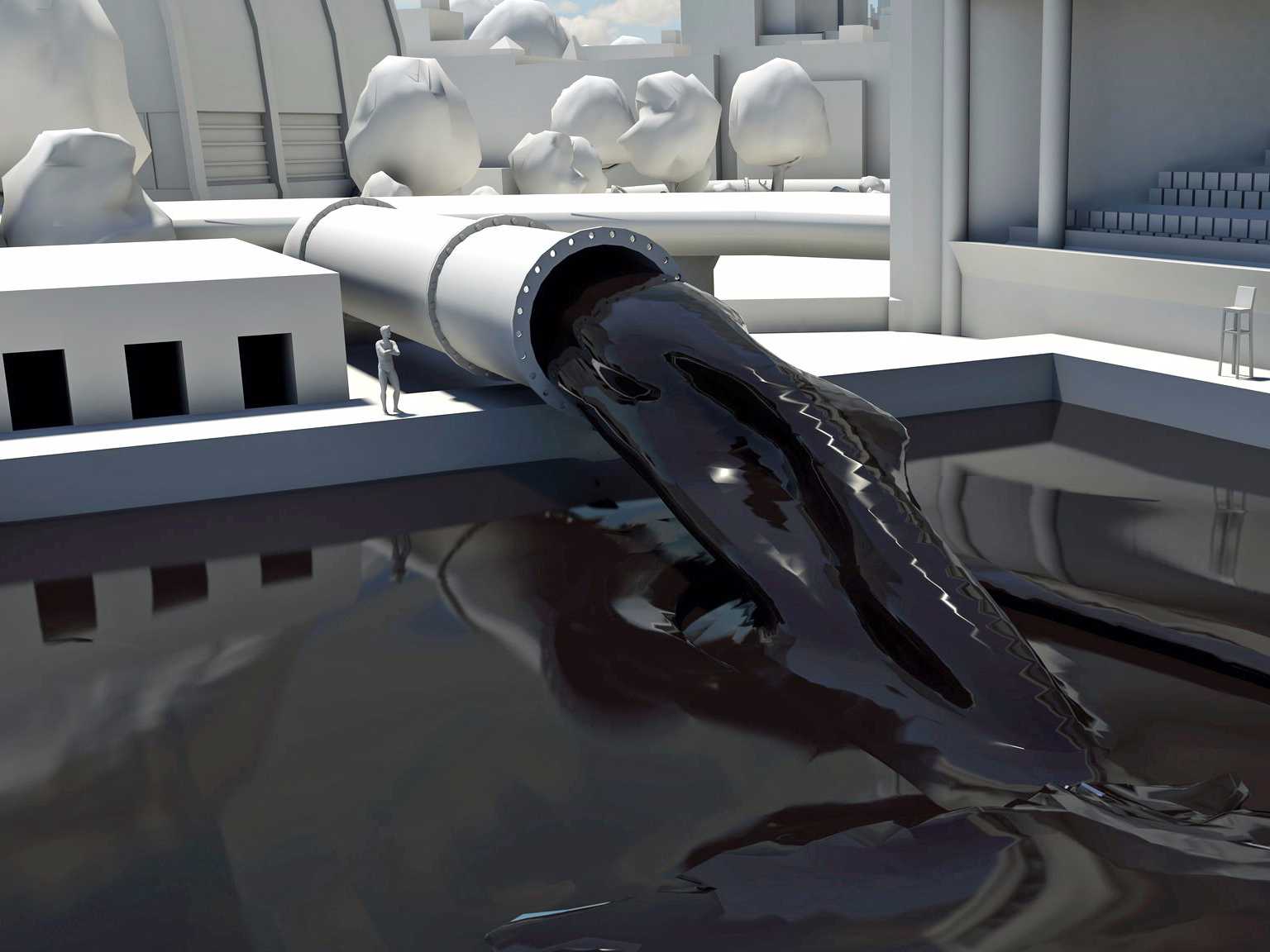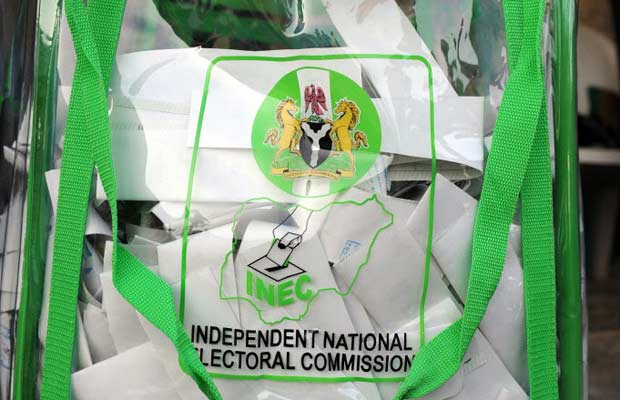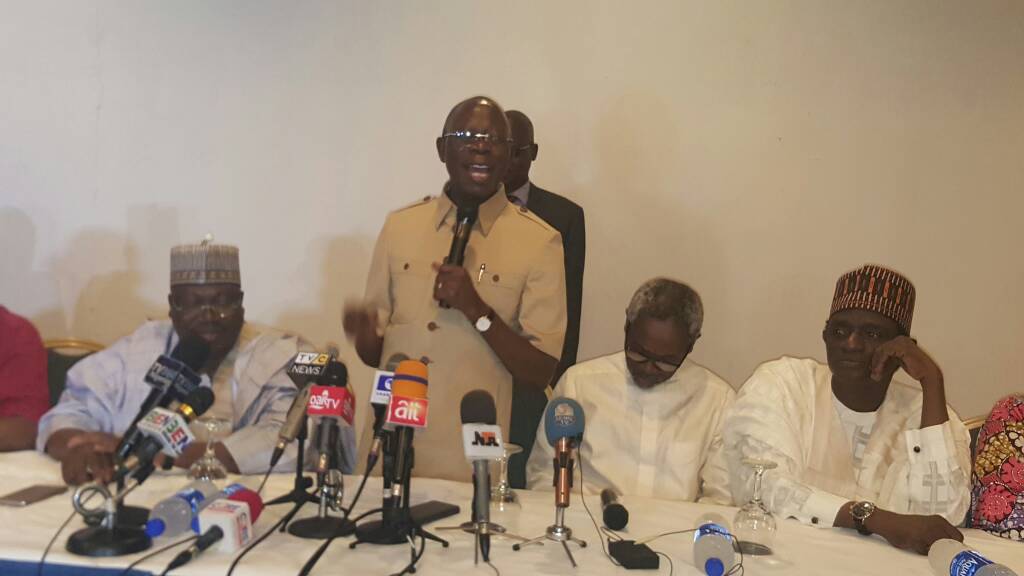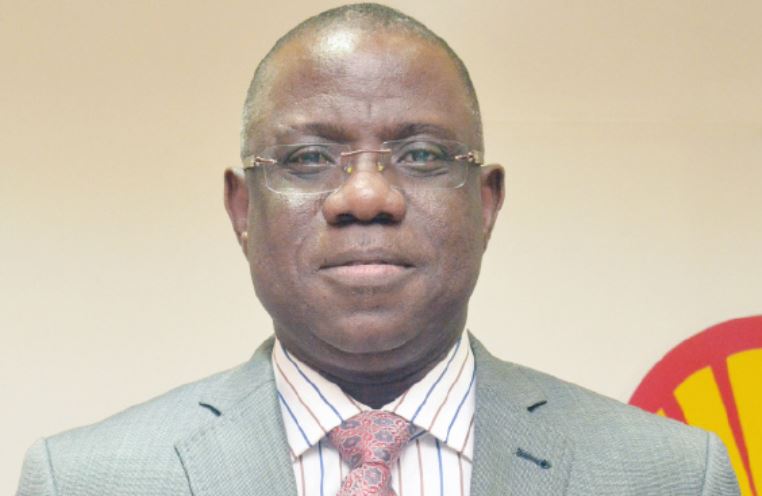In the past 40 years or more, Nigeria had been a mono-product country exporting crude oil. This is understandable. Crude oil produces easy cash without much effort. Much effort would have been required if we had decided to refine the oil and sell the finished product. The government has not made any sustainable effort to divert attention to other sectors of the economy which are cash cows. The good book has affirmed ‘there is much treasure in the house of the upright but trouble accompanies the income of the immoral’.
Prior to what has become a seeming disadvantage of oil discovery for Nigeria, agriculture used to be a very viable sector but the sorry state of that sector is not encouraging many investors to look at this direction. Many want a quick turn around of investment which is not guaranteed in that sector. Yes, our stories here are gradually changing for good but we still have a long way to go.
But given the opportunity in the information, technology-driven economy we now live in, coupled with Nigeria’s population advantage, it is very clear if we are willing to drill the oil in education and health, Nigeria can take better advantage of the Africa market. That was the case in the 70s and early 80s, but Nigeria lost her capacity to be a real giant of Africa. What we have now is a shadow and bravado which leads to nowhere.
If our government is really serious about diversifying the economy, education and health are other real sectors we can take advantage of. The United Kingdom amongst many other developed nations has no oil but it has succeeded in building its educational sector to the extent it is attracting huge fund yearly.
Advertisement
The nature of our lopsided educational sector, aside from the little improvement with the private sector players, has opened the door for Nigerians seeking better education standard outside the country. Each year, Nigerians spend a huge sum of monies on education outside their shore.
According to Prof Adeyi, a Nigerian-based in Canada, at least an average of $1.5trillion naira was spent by Nigerians seeking foreign degrees in 2016 alone. Imagine what that means if we use N360 as the exchange rate. This is only the sum total of Nigerian students that were captured. Imagine if that amount is invested in Nigeria. Prof Adeyi maintained the United Kingdom, Canada and United States top the list of the countries where Nigerians seek better education.
As if that is not enough, UNESCO’s institute of statistics affirmed that in the past four years, there has been a 44 percent increase in the number of Nigerian students seeking degrees from higher institutions outside Nigeria. Before this increase, over 71,000 Nigerian students had been captured studying in North America and Europe. The number will surge if we consider the number of Nigerian students studying across Africa especially in South Africa, Ghana, Benin, Togo, Egypt and Kenya. If our education standard has been good enough and is in the top quality as it used to be in early 70s, our educational sector can still draw a countless number of African students to our shore.
Advertisement
What if we examine the level of capital flight in medical tourism? Ebun Bamgboye, clinical director at St. Nicholas hospital, in 2017 claimed Nigerians spent an average of $1billion annually. Nigerians patronize hospitals in UK, USA, India as well as Germany.
If the government can make deliberate efforts in investing in our health facilities and make them match up to international standards, Nigeria and African market are big enough. It is amusing to note as of today, if Obafemi Awolowo University Teaching hospital will do one heart surgery, an estimated three months planning is the minimum requirement.
Meanwhile, in Ghana here, I am aware of a hospital which performs up to two to three heart surgeries a day. In nine hours, the hospital usually finishes one surgery. All these capital flights do not add any value to our economy as we can neither tax nor repurpose such huge fund into something significant.
Why is it difficult for our government to see this waste every year? Why is it so difficult for the Nigerian government to make a sustainable plan which can change Nigerians’ fortune in education and health within a four-year term?
Advertisement
Other countries blessed with oil like United Arab Emirate, Saudi Arabia amongst others have done a great job with the money received from oil. Can we say our level of immorality and corruption at the highest places are responsible for our woes? Has trouble not accompanied Nigeria’s oil treasure and revenue as the good book affirmed?
It is never too late. Education and health sector can be other sources of ‘oil’ fund if we annex it.
Yinka Olaito is a communications and media specialist based in Lagos
Advertisement







